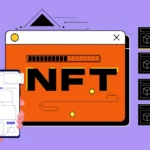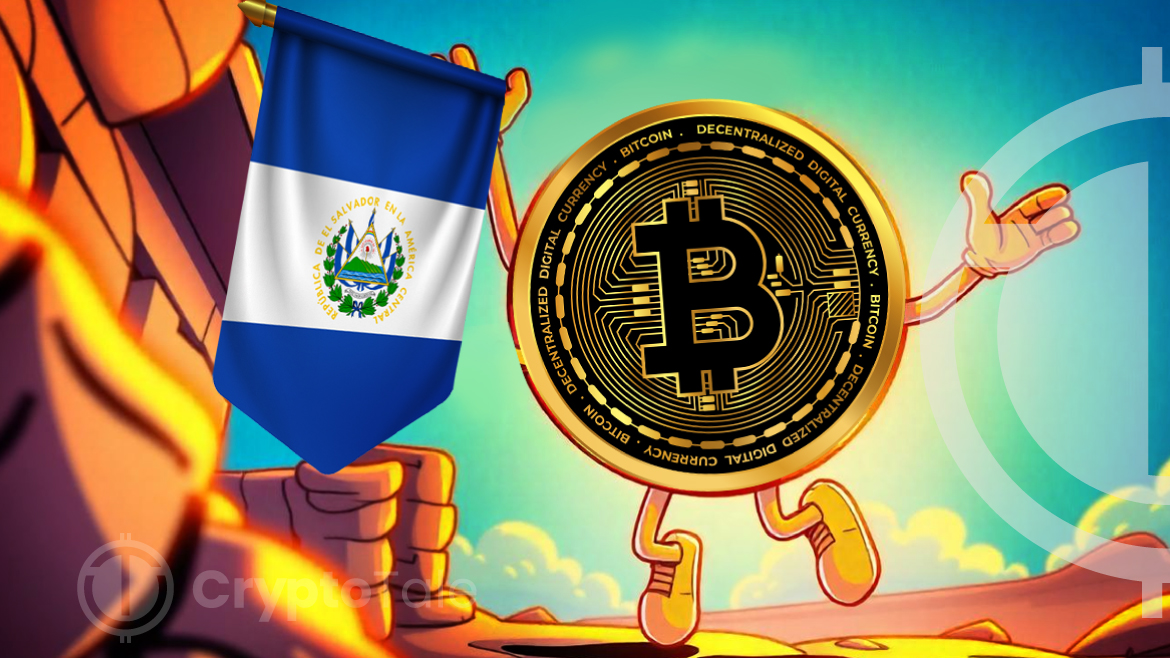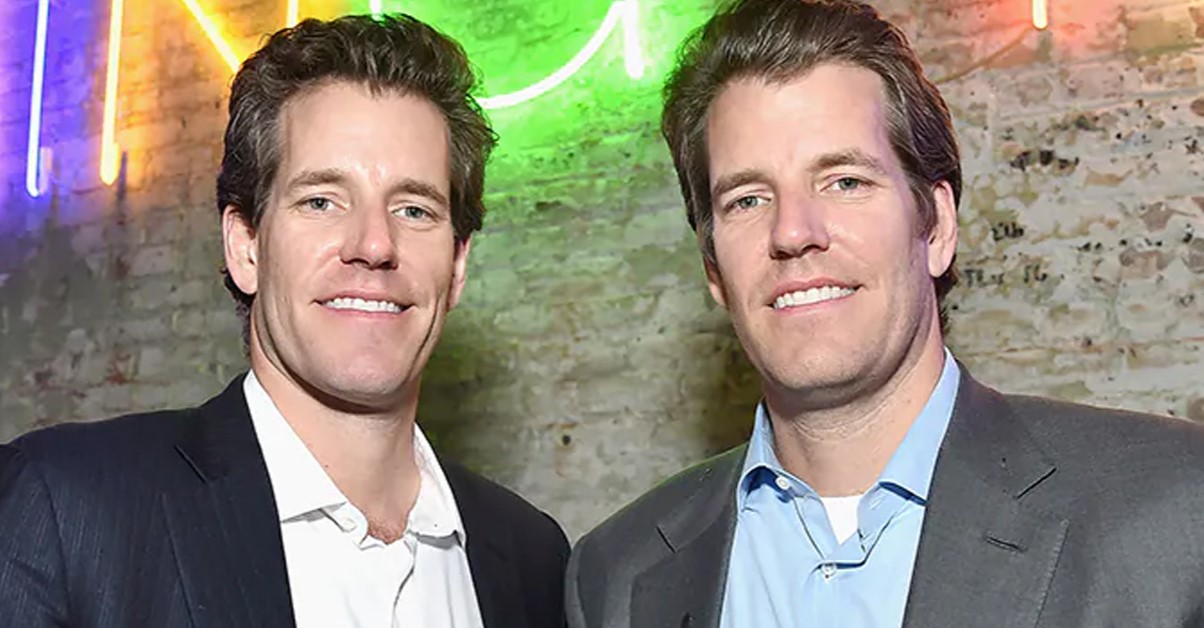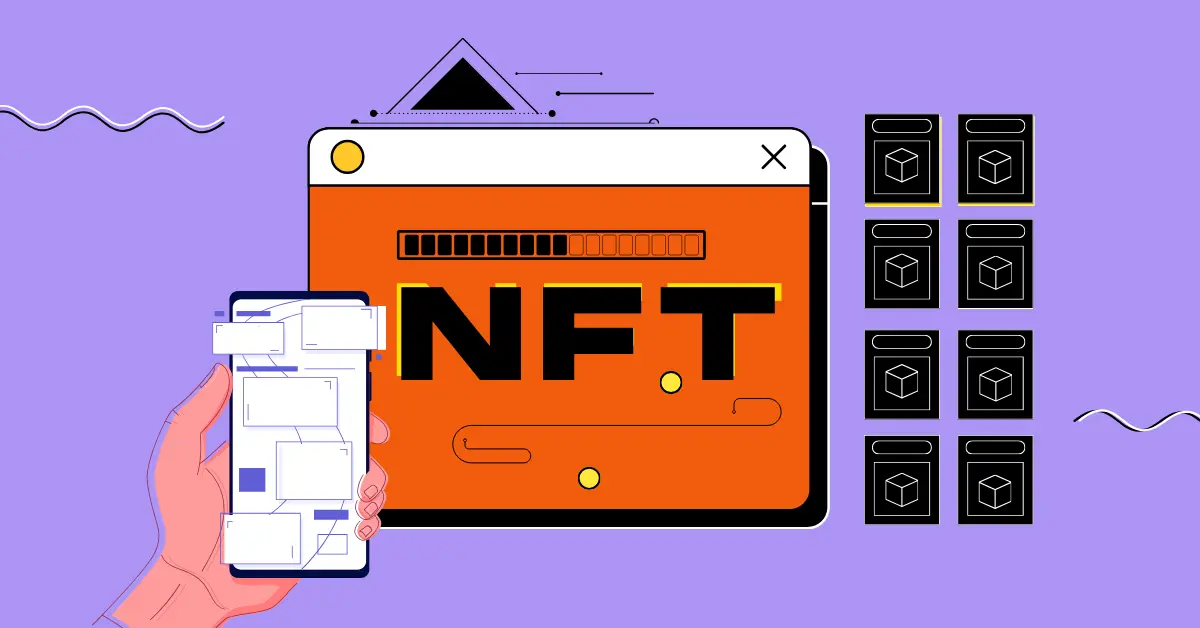El Salvador and President Nayib Bukele have revolutionized the future of finance by taking a bold approach to crypto, especially Bitcoin. President Bukele made El Salvador the first country to adopt Bitcoin as a legal tender. The pioneering move invoked both optimism and skepticism as the Central American nation intended to break the chains of the traditional financial system. Being the first ‘Bitcoin nation,’ El Salvador’s endeavors to establish a Bitcoin hub in the country have broader implications in the global crypto market. This article delves into El Salvador’s Bitcoin policies, economic and social implications, and its global impacts.
History: Colon to Bitcoin
From 1892, El Salvador’s official currency was the colon (SVC). Later, in 2001, under the administration of former President Francisco Flores, the country adopted the US dollar as its national currency. With the legalization of the US Dollar, El Salvador envisioned fostering the country’s financial stability.
Though dollarization aimed at stabilizing the economy through foreign investments and reducing international trade transaction expenses, the move came with significant headwinds. Following the shift to USD, the government lost control over monetary policy, and lack of financial literacy remained a major issue at the time.
In 2019, an unknown donor contributed $100,000 in Bitcoin on a demand that the coastal town of El Zonte adopt a Bitcoin-based circular economy. This became El Salvador’s initial case of Bitcoin adoption, which transformed El Zonte into a ‘Bitcoin Beach.”
Bitcoin Becomes El Salvador’s Legal Tender
President Bukele proposed a bill in June 2021 to adopt Bitcoin as the country’s legal tender. His vision was rooted in easy financial dealings, making digital transactions accessible to the underbanked population. He stated that Bitcoin would make remittances easier for Salvadorans abroad. With a majority of votes, the Legislative Assembly of El Salvador favored the country’s Bitcoin strategy. Though the World Bank denied the government’s request for assistance, Bukele announced the distribution of Bitcoin worth $30 to those who sign up for the Chivo electronic wallet. Chivo wallet is a digital wallet designed by the government to facilitate easy crypto payments.
Reports stated that most of the public was unaware of the basics of crypto. Despite 68% of the public’s disagreement with the policy, El Salvador adopted Bitcoin as its legal tender on September 7, 2021, becoming the global pioneer.
El Salvador HODLs: Daily Bitcoin Buys Continue Despite Market Slump
El Salvador’s Bitcoin Policy Receives Criticism
El Salvador’s adoption of Bitcoin as the national currency received criticism both inside and outside the nation. The major concern was the lack of transparency in Bitcoin Law and the Chivo wallet. The country’s limited internet access also remained a major threat to Bitcoin’s reach. Financial experts cautioned about the possible financial risks and economic instability that Bitcoin’s volatile nature could bring.
However, international crypto enthusiasts supported El Salvador’s Bitcoin Law. They shared supportive quotes and videos on social media to express their optimism towards the move.
Bitcoin Purchase and Mining
El Salvador’s Bitcoin Spree
The government began purchasing Bitcoin in 2021. Between September 2021 and January 2022, El Salvador bought around $85.5 million worth of Bitcoin. However, the government lost about $22 million when Bitcoin dipped by more than 45% at that time. During the bearish period, El Salvador accumulated Bitcoin and had at least 1,801 BTC, worth around $66 million, as of January 2022.
According to recent reports, El Salvador buys one Bitcoin daily. As of August 2024, El Salvador held 5,851 Bitcoins, adding 162 units since March 16, 2024. Bukele adopted a bold strategy of moving a massive 5,689 Bitcoins to a “Bitcoin piggy bank.” The cold storage wallet is part of the country’s broader approach to economic stability.
Bitcoin Mining Using Geothermal Energy
To tackle the large amounts of energy required for Bitcoin mining, El Salvador introduced the use of geothermal energy. Amidst increasing scrutiny over Bitcoin mining’s consumption of electric energy and fossil fuels, El Salvador made history by relying upon renewable energy. As of May 2024, El Salvador had mined a total of 474 Bitcoins worth $29 million using geothermal energy since 2021.
El Salvador’s Bitcoin Projects
Bitcoin City
Bitcoin City is a smart city project proposed by El Salvador. In November 2021, President Bukele introduced his plan to build Bitcoin City in the southeastern region of La Union. The planned city envisions a tax-free haven fuelled by geothermal-powered Bitcoin mining. Bukele stated,
We will have no income tax, forever. No income tax, zero property tax, no procurement tax, zero city tax, and zero CO2 emissions … The only taxes that they will have in Bitcoin City is VAT, half will be used to pay the municipality’s bonds and the rest for the public infrastructure and maintenance of the city.
The project was backed by a $1 billion Bitcoin bond, also known as the “Volcano Bond,” issued by state-owned power company LaGeo. As per the plan, half of the sales income was expected to fund the construction of Bitcoin City and crypto mining. Though the project went unnoticed over time, the country secured a $1.6 billion investment from Turkish company Yilport Holdings as part of the Bitcoin City.
El Salvador’s First Tokenized Debt Offering Falls Short: What’s Next?
Bitcoin Training Program
Along with the BTC acquisition and ambitious BTC endorsement programs, El Salvador acknowledged the necessity of Bitcoin education. The country launched a strategic Bitcoin training program in August 2024 to enlighten public servants on Bitcoin. The virtual learning program provides comprehensive Bitcoin training and certifications to over 80,000 government employees. The session is divided into seven modules, and it includes a detailed study of the laws, skills, and management of Bitcoin as a national currency.
Regulatory Pressure
Since El Salvador accepted Bitcoin as its legal tender, financial watchdogs have been raising eyebrows, especially concerned about Bitcoin’s volatility. The International Monetary Fund (IMF) has been forcing the country to abandon Bitcoin and embrace traditional fiat currencies since 2021. Though they admitted that many of the purported threats of Bitcoin have not materialized, they continued to stand against El Salvador’s Bitcoin policies. In a recent move, the IMF reiterated its urge for El Salvador’s reconsideration of its Bitcoin laws. The financial agency insisted the country overhaul its crypto regulatory framework, stating,
What we have recommended is a narrowing of the scope of the Bitcoin Law, strengthening the regulatory framework and oversight of the Bitcoin ecosystem, and limiting public sector exposure to Bitcoin.
Conclusion
El Salvador remains committed to its innovative and ambitious Bitcoin strategies despite regulatory pressures. Its undeterred Bitcoin accumulation and groundbreaking Bitcoin projects like Bitcoin City showcase the country’s enthusiasm for turning it into a Bitcoin hub. As the world watches, El Salvador’s determination will either pave the way for a new era of financial inclusion or serve as a cautionary tale.











